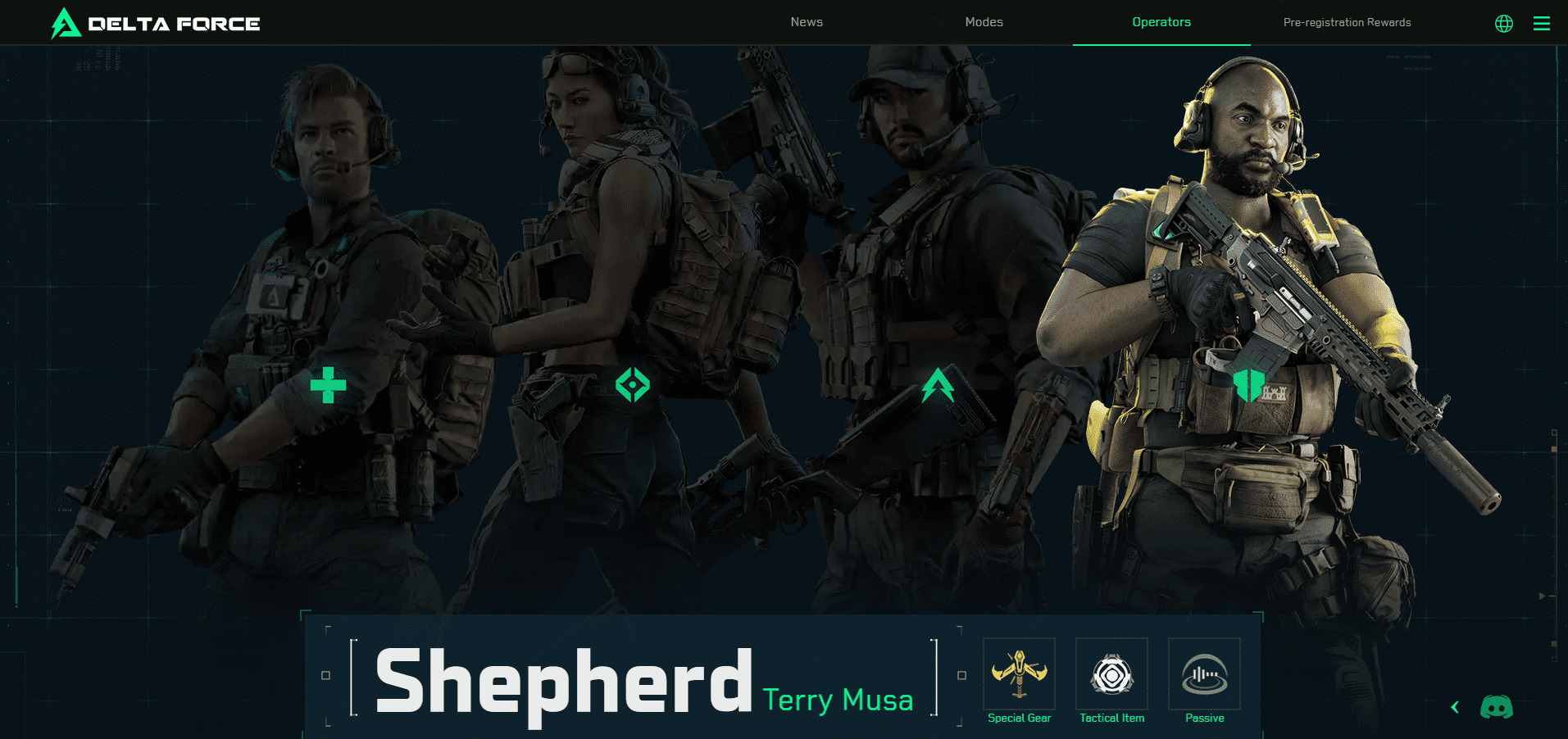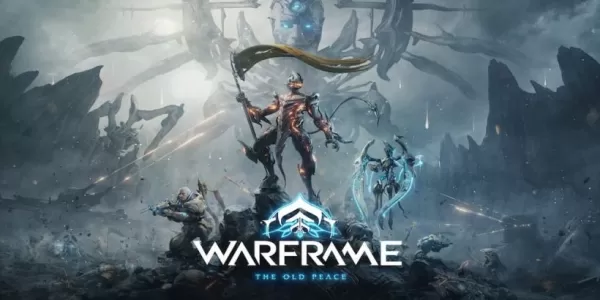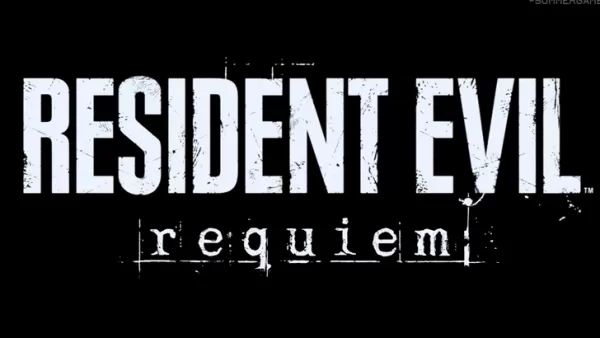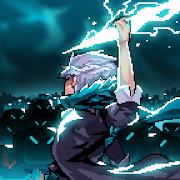Shigeru Ishiba, Japan’s Prime Minister, addressed questions regarding Assassin’s Creed Shadows during a recent government conference. While some reports suggested he criticized Ubisoft over the game's portrayal of Japanese shrines, the actual exchange was far less dramatic.
IGN collaborated with IGN Japan to provide an accurate translation and deeper context behind the discussion. Ubisoft has also been contacted for further comment.
Before diving in, it's worth noting that Ubisoft has issued multiple apologies ahead of Shadows' long-awaited release, particularly in response to concerns raised by players and cultural observers in Japan.
Some players expressed disappointment over historical inaccuracies in the game’s depiction of Feudal Japan, prompting the development team to clarify that the game is not meant to be a historically precise simulation, but rather “a compelling, historical fiction.” The studio emphasized its work with historians and consultants, though it acknowledged that certain promotional materials caused concern within the Japanese community. In response, Ubisoft formally apologized.
Another issue arose when the company used a flag belonging to a Japanese historical reenactment group without permission—an oversight for which Ubisoft also issued an apology.
Additionally, collectible figure maker PureArts withdrew a Shadows-themed statue from sale due to its inclusion of a one-legged Torii gate, which some found offensive. Torii gates are traditionally placed near sacred sites in Japan, marking the transition between the mundane and the spiritual. The single-legged variant is notably associated with Nagasaki’s Sannō Shrine, located just 900 meters from the hypocenter of the atomic bomb dropped during World War II, which claimed the lives of approximately 60,000 people.
Against this backdrop, Assassin’s Creed Shadows launches amid controversy—not only in Japan, but also among Western audiences concerned about how the game represents the country.
The question concerning the game was posed by Hiroyuki Kada, a member of Japan’s House of Councillors, who plans to run for re-election later this year. He stated:
“I fear that allowing players to attack and destroy real-world locations in the game without permission could encourage similar behavior in real life. Shrine officials and local residents are also worried about this. Of course, freedom of expression must be respected, but acts that demean local cultures should be avoided.”
In response, Prime Minister Ishiba said:
“How to address this legally is something we need to discuss with the Ministry of Economy, Trade and Industry, the Ministry of Education, Culture, Sports, Science, and Technology, and the Ministry of Foreign Affairs.
“Defacing a shrine is out of the question—it is an insult to the nation itself. When the Self-Defense Forces were deployed to Samawah, Iraq, we ensured they studied Islamic customs beforehand. Respecting the culture and religion of a country is fundamental, and we must make it clear that we will not simply accept acts that disregard them.”
These translations reflect the actual dialogue exchanged. To understand the broader context, it helps to know that Japan has seen a surge in international tourism since reopening post-pandemic, especially due to the favorable yen exchange rate. During the budget meeting, Kada linked his concerns about Shadows with what he described as “overtourism” and rising incidents of vandalism and graffiti in the country.
His underlying argument mirrors longstanding debates about video games potentially influencing real-life behavior—similar to claims made against titles like Call of Duty or Grand Theft Auto. He specifically pointed to the Itatehyozu Shrine in Himeji, Hyogo Prefecture (located within his constituency), which appears in gameplay footage online. Kada noted that shrine representatives confirmed Ubisoft did not seek permission to feature the site or reference its name in the game.
Prime Minister Ishiba clarified that while he opposes any real-world acts of shrine defacement, his comments were focused on hypothetical scenarios rather than the game itself.
Masaki Ogushi, Vice Minister of Economy, Trade and Industry, added that government agencies would coordinate on the matter "if the shrine seeks consultation." However, unless such action is initiated, no concrete measures appear likely. Moreover, under Japan’s constitutional protections for artistic expression, Ubisoft may have legal grounds to retain the shrine in the game.
Both ministerial responses remain noncommittal and unlikely to result in formal action. Meanwhile, Ubisoft seems to have already taken steps to ease tensions through a planned day-one patch—potentially showing more cultural awareness than Kada's criticism implied.
The Complete Assassin's Creed Timeline
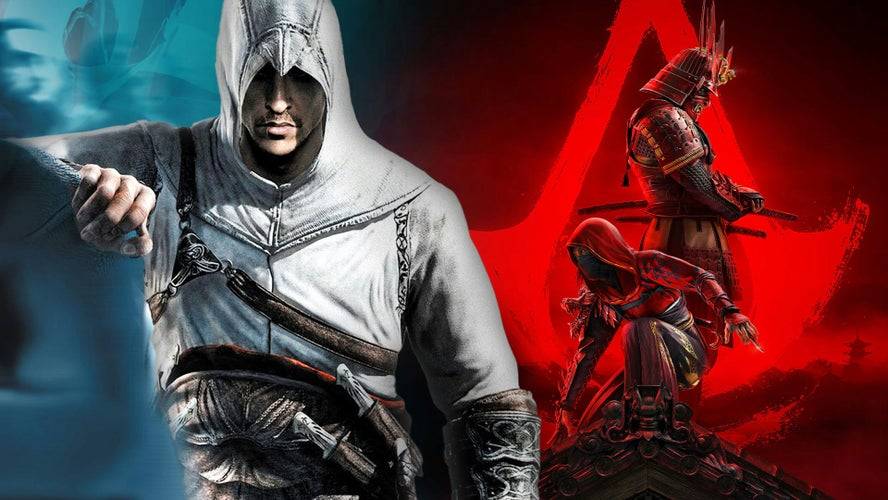
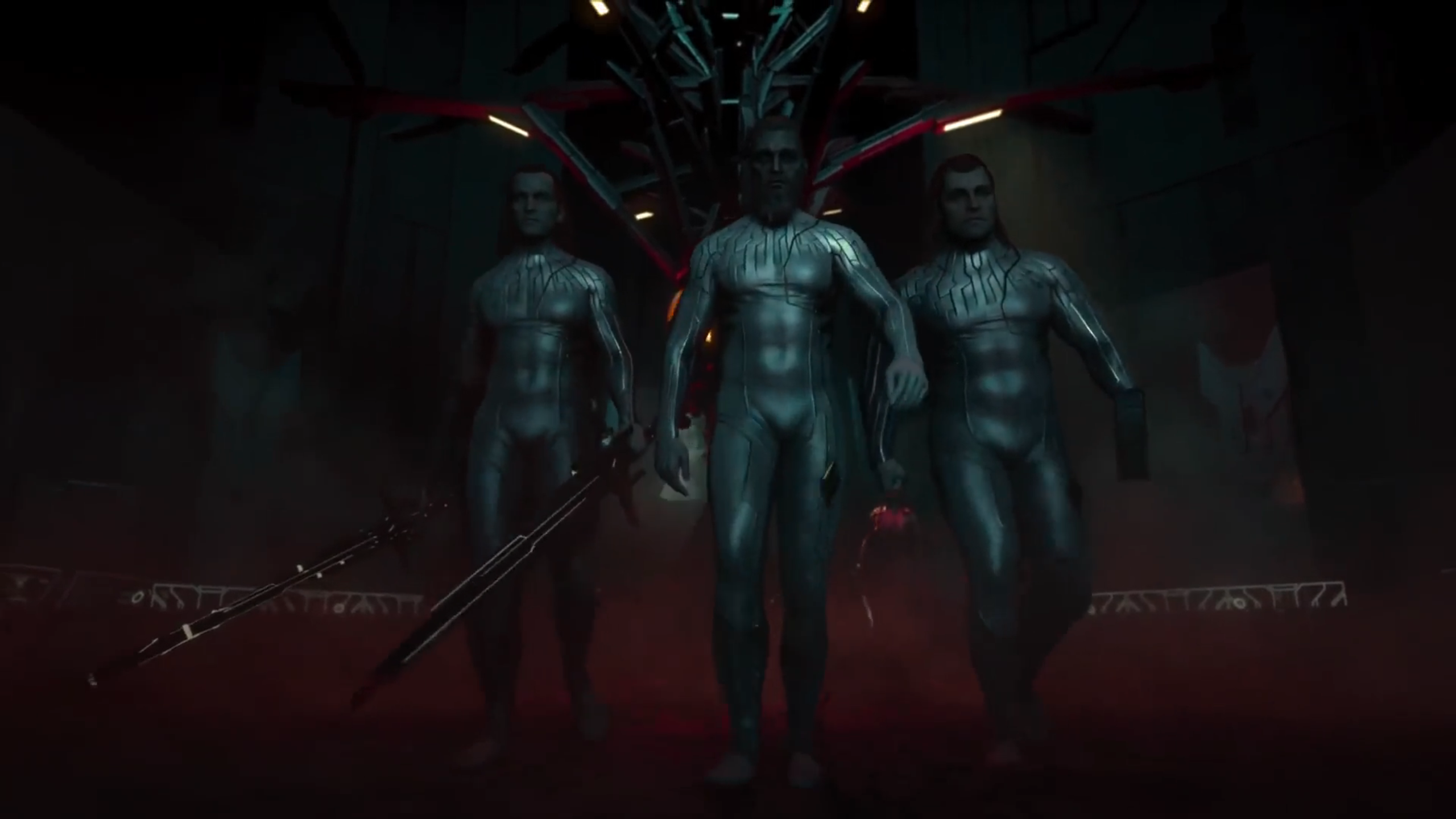 25 Images
25 Images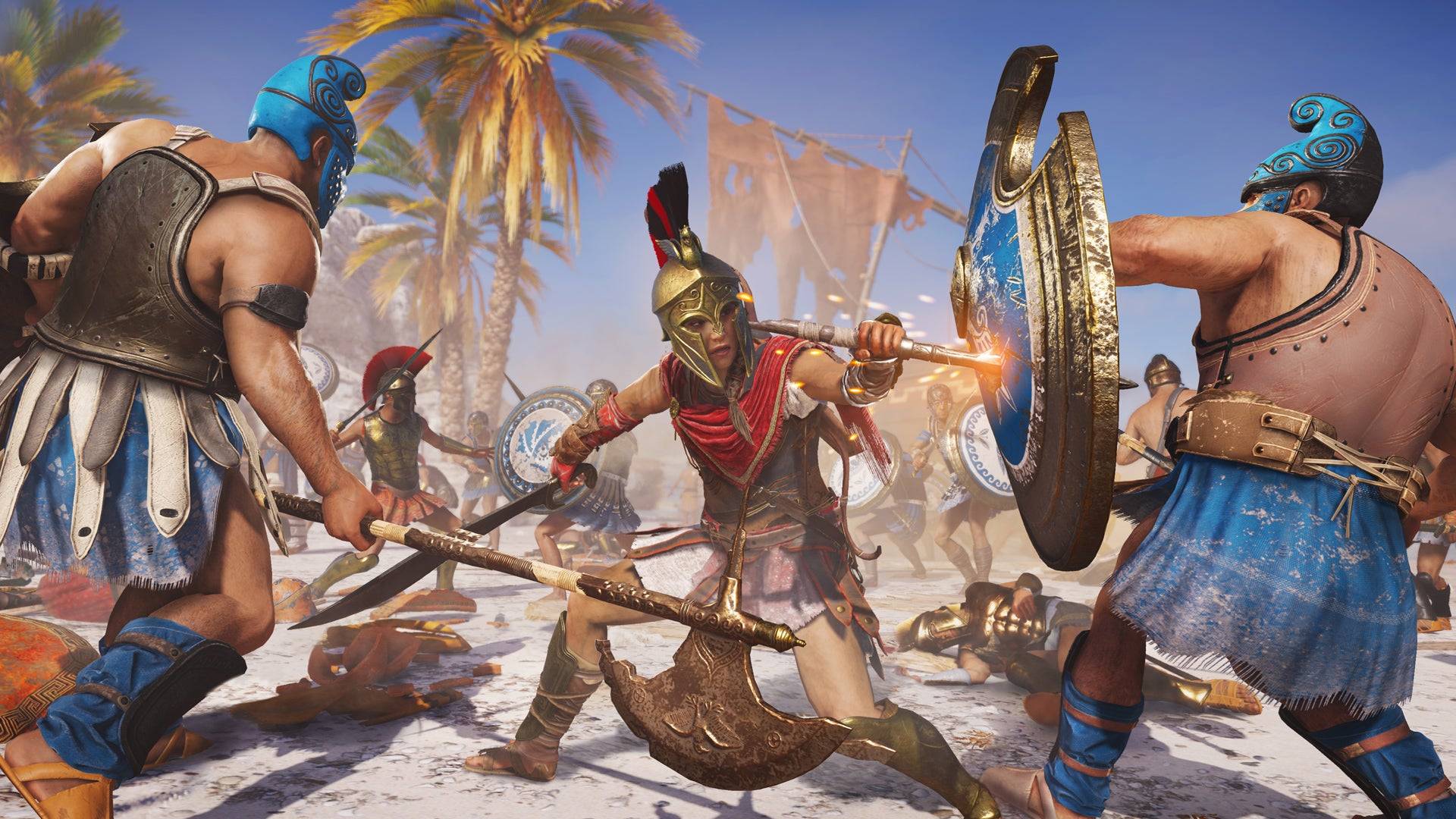
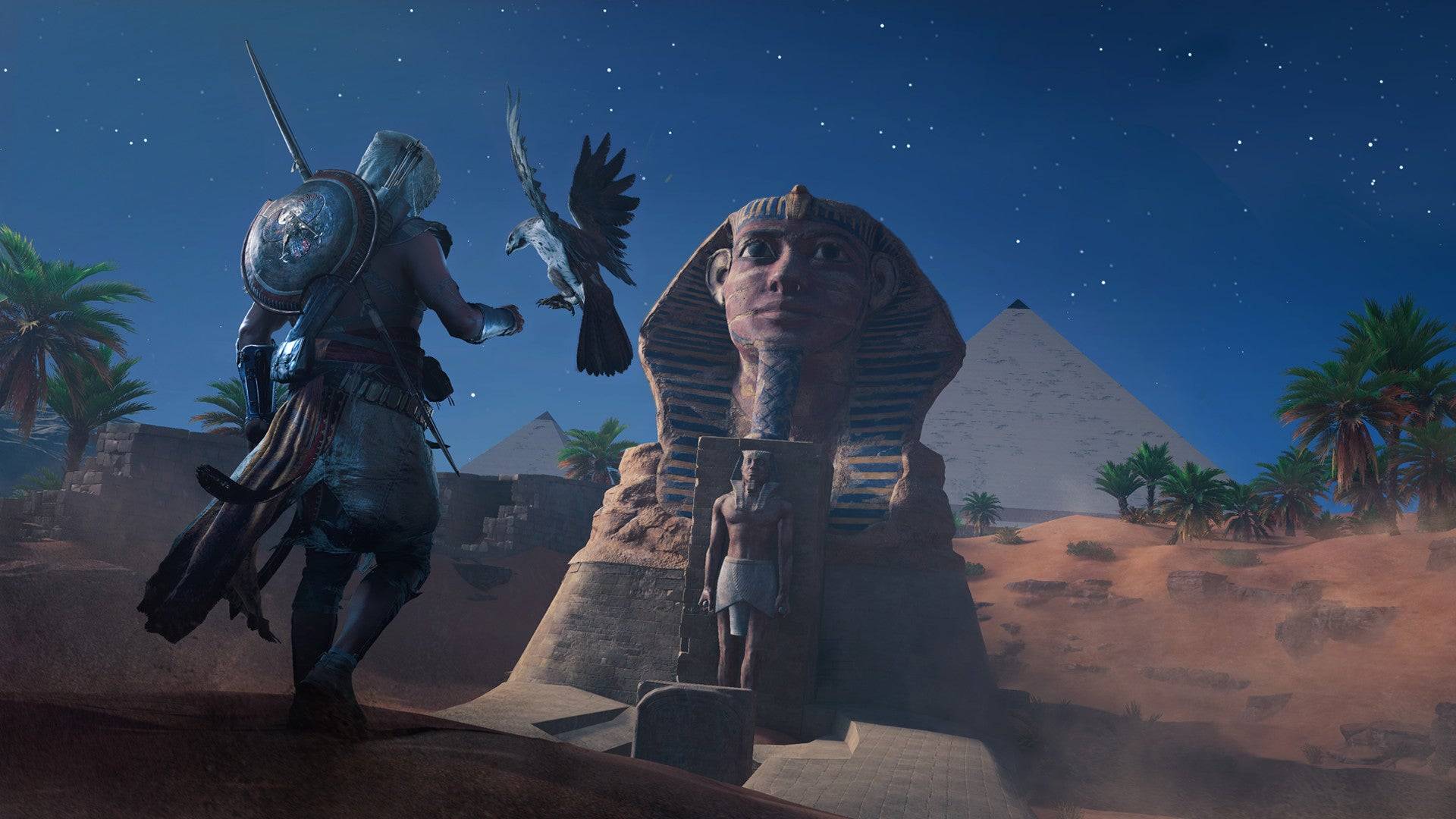
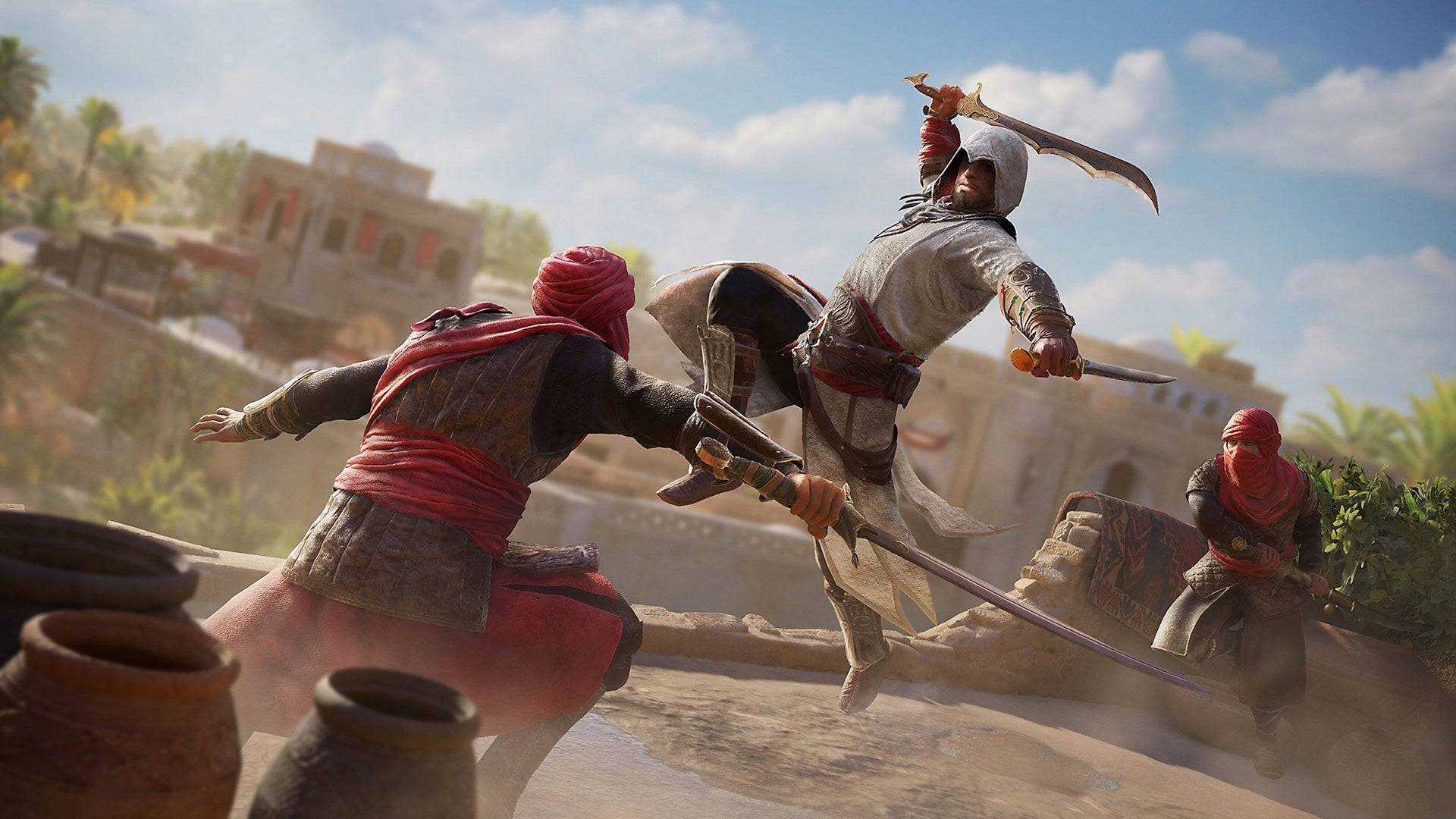
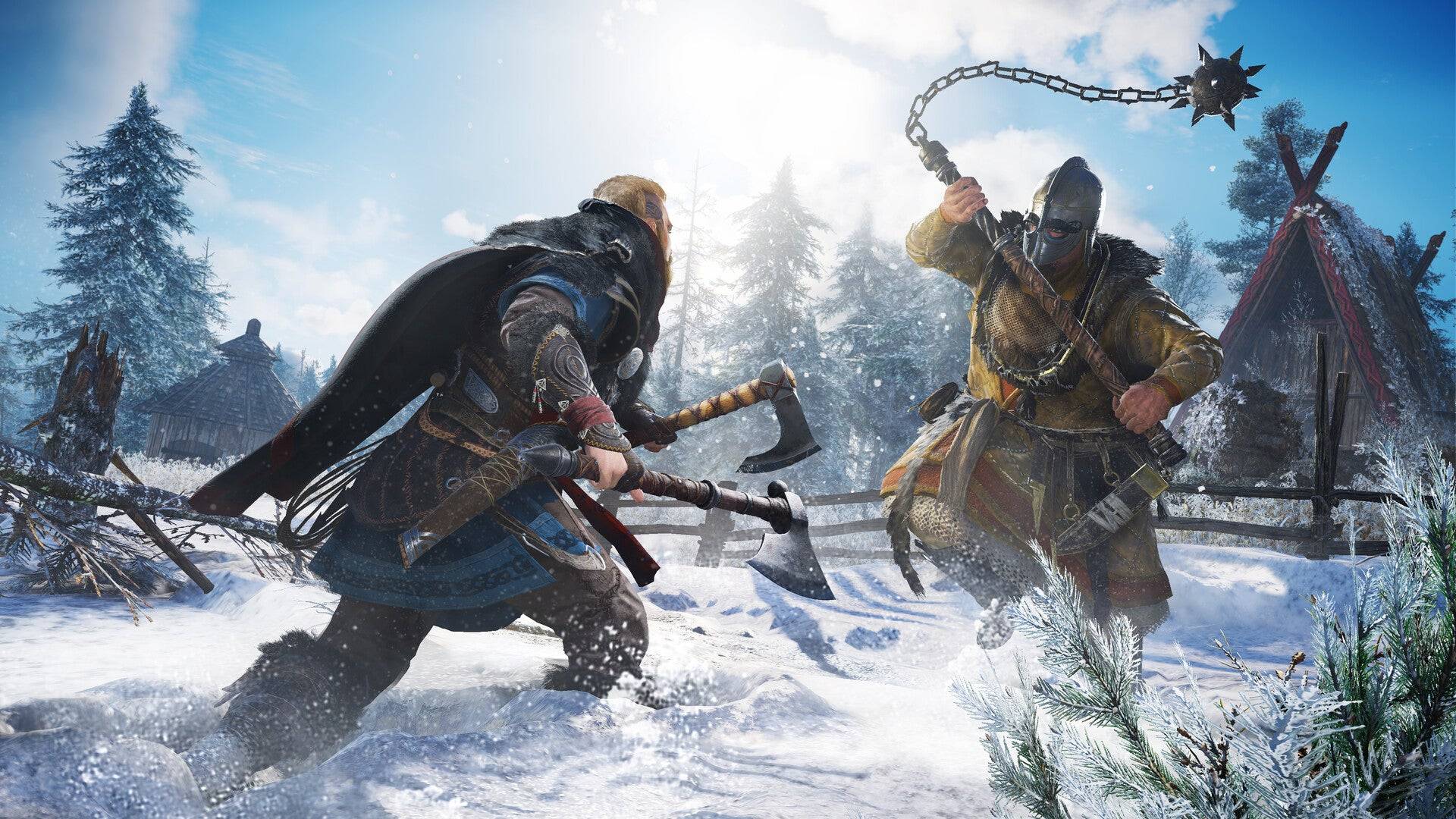
Details of this update emerged earlier today in Japanese media, although Ubisoft’s Western offices have yet to officially confirm it. According to Automaton, the day-one patch will include adjustments such as making tables and shelving within in-game shrines indestructible, reducing depictions of violence inside temples, and removing blood effects when attacking unarmed NPCs. IGN has reached out to Ubisoft to verify if these changes apply globally or are limited to the Japanese version.
Regardless of the game’s reception in Japan, Assassin’s Creed Shadows carries significant weight for Ubisoft worldwide. After multiple delays and the commercial underperformance of last year’s Star Wars Outlaws, the publisher has faced a string of setbacks including high-profile flops, layoffs, studio closures, and canceled projects.
IGN’s review of Assassin’s Creed Shadows awarded the game an 8/10, praising it for refining the open-world mechanics that have defined the series over the past decade: “By sharpening the edges of its existing systems, Assassin’s Creed Shadows creates one of the best versions of the open-world style it’s been honing for the last decade.”


 25 Images
25 Images



 LATEST ARTICLES
LATEST ARTICLES 